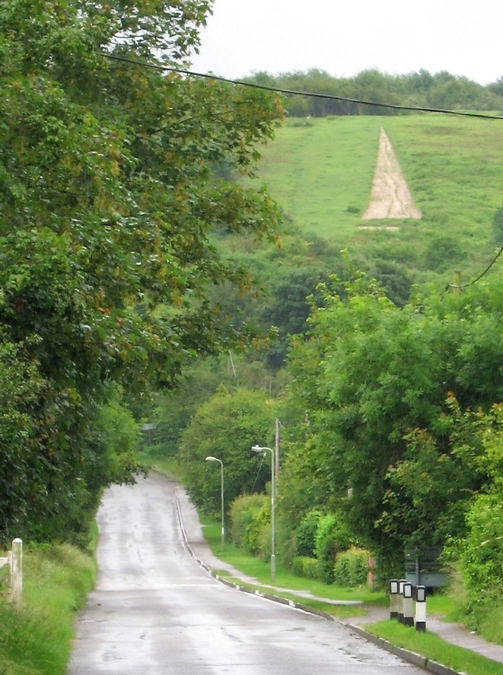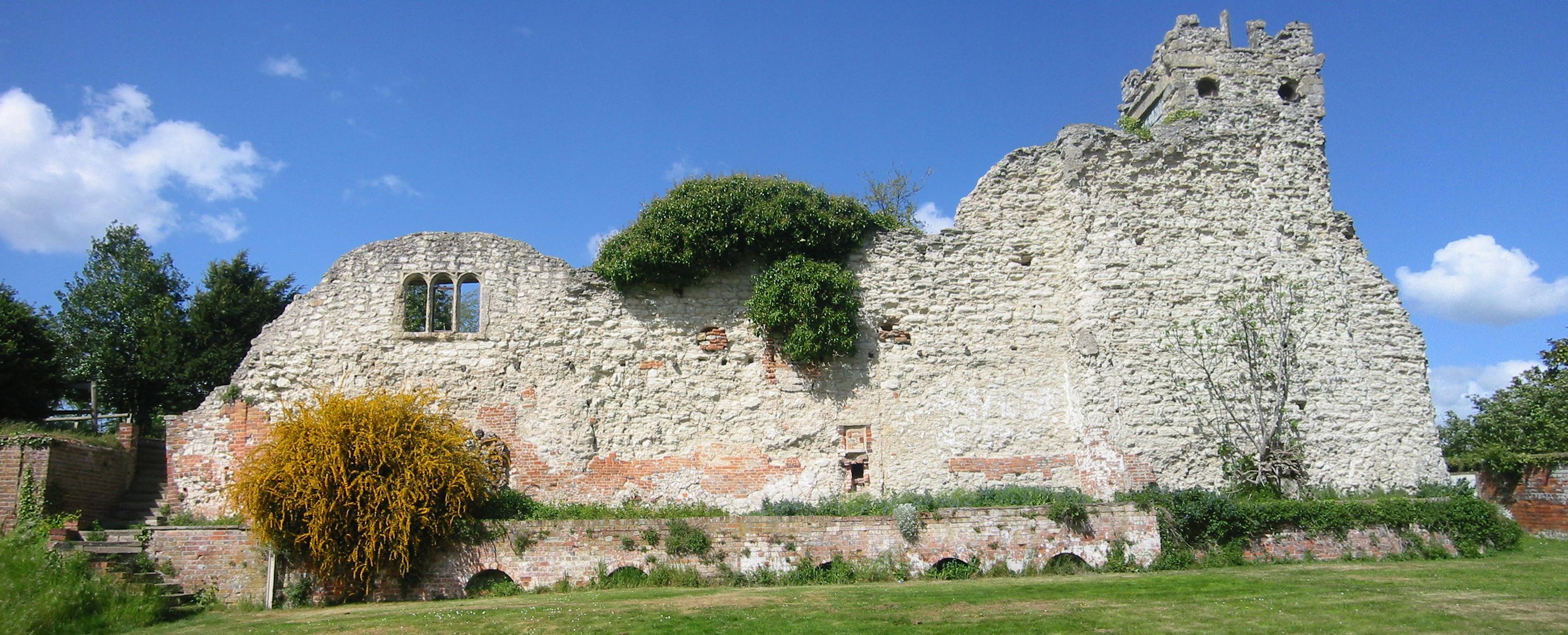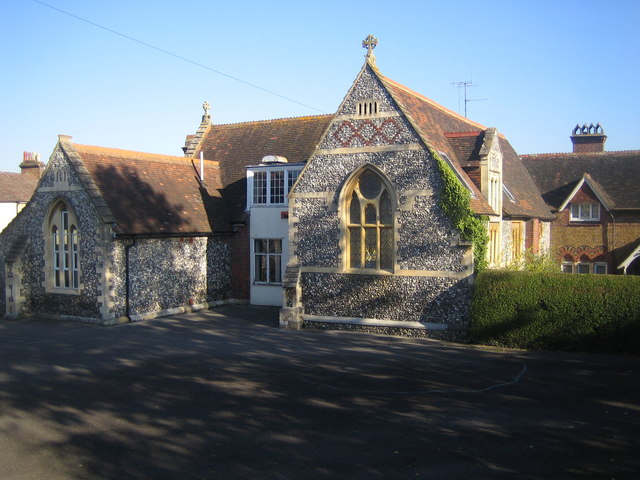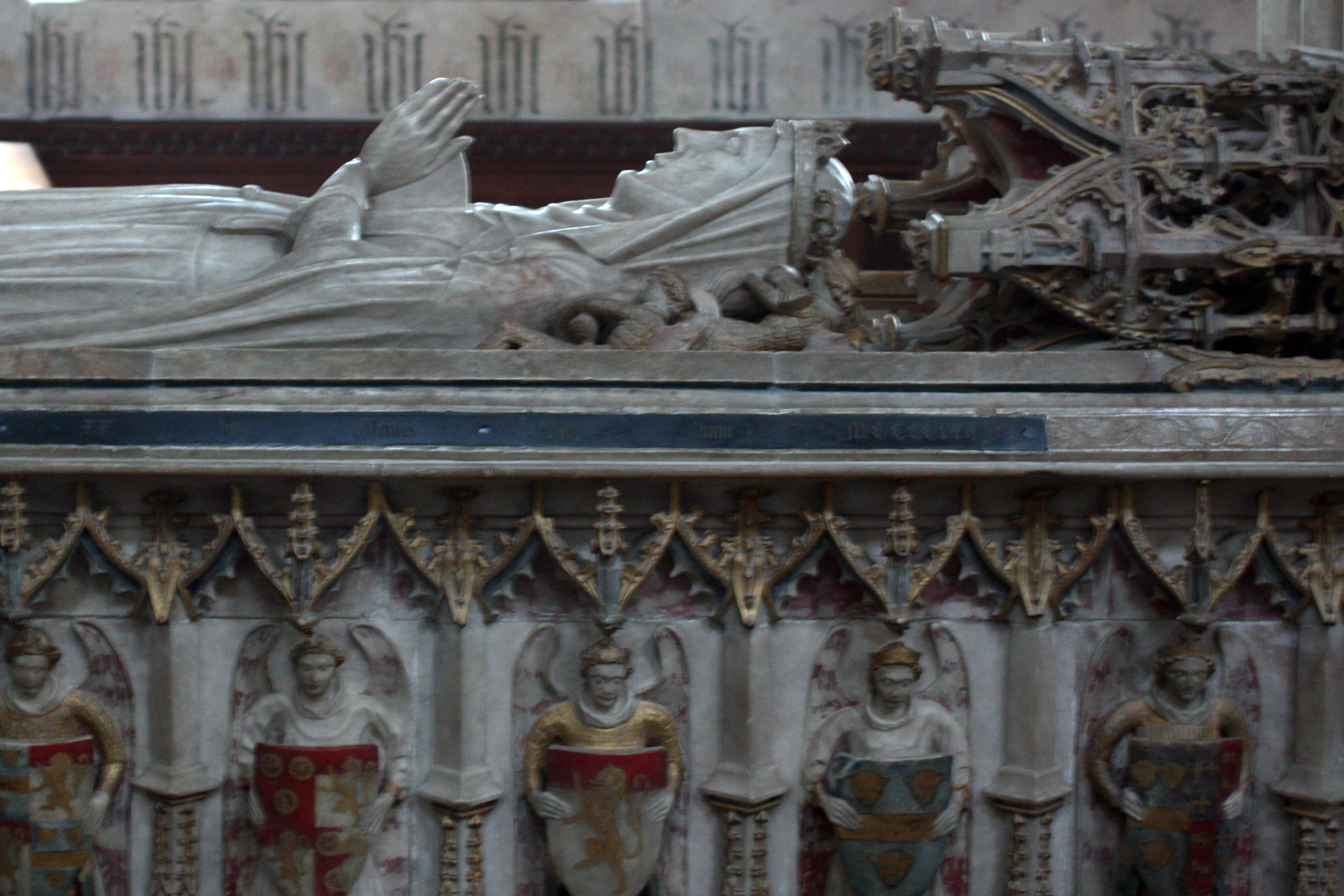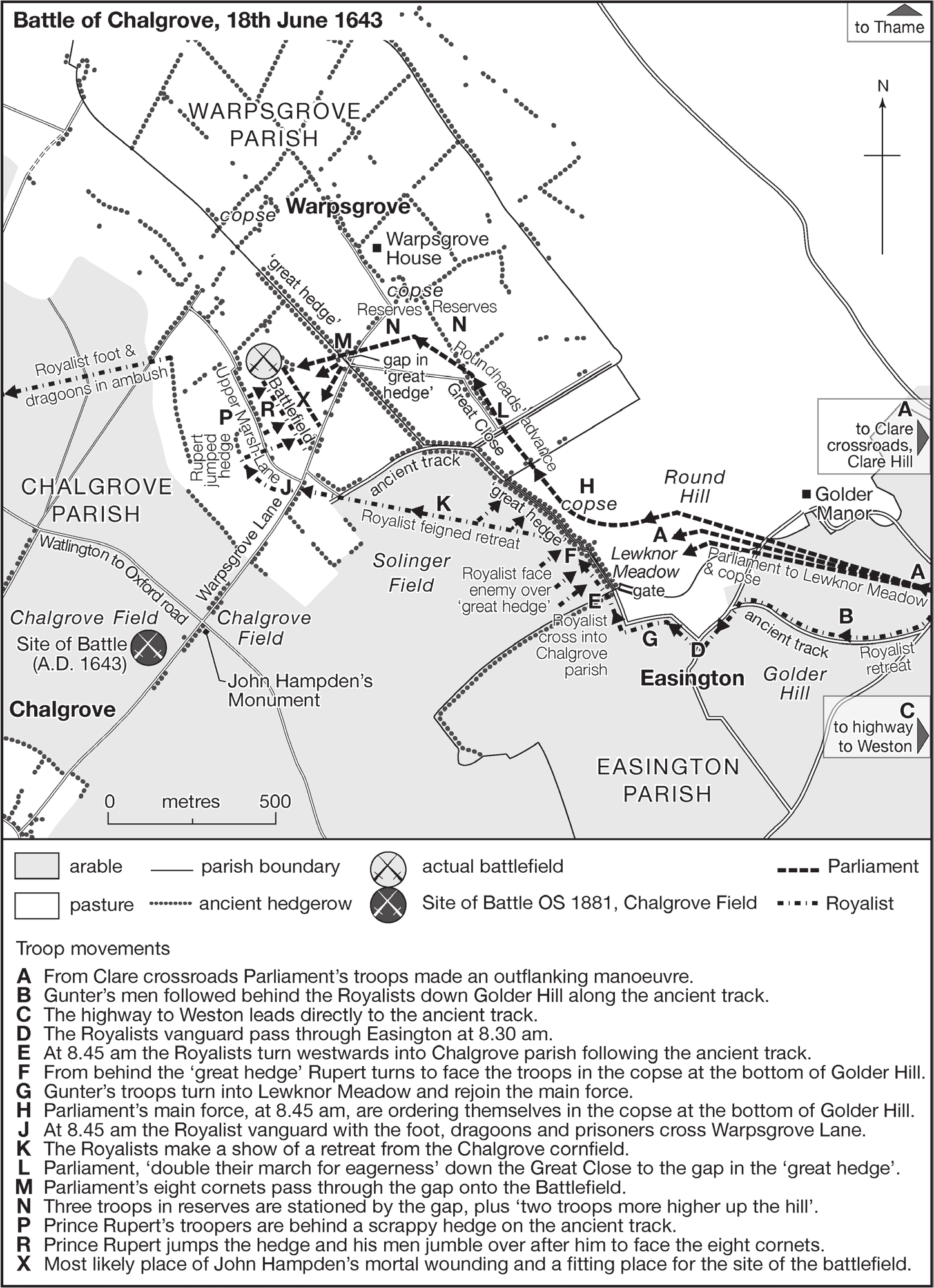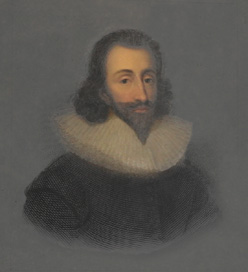|
Watlington, Oxfordshire
Watlington is a small market town and Civil parishes in England, civil parish in South Oxfordshire, England, about south of Thame. It is near Oxfordshire's eastern edge and less than from its border with Buckinghamshire. The parish includes the Hamlet (place), hamlets of Christmas Common, Greenfield and Howe Hill, all of which are in the Chiltern Hills. The United Kingdom Census 2011, 2011 Census recorded the parish's population as 2,727. History The Watlington area is likely to have been settled at an early date, encouraged by the proximity of the Icknield Way. The Toponymy, toponym means "settlement of Waeclingas, Waecel's people" and indicates occupation from around the 6th century. A 9th-century charter by Æthelred, Ealdorman of Mercia, Æthelred of Mercia records eight 'manses' or major dwellings in Watlington. The Domesday Book of 1086 referred to the town as ''Watelintone'' or ''Watelintune''. Medieval documents indicate that the modern street plan was in existence in ... [...More Info...] [...Related Items...] OR: [Wikipedia] [Google] [Baidu] |
Waeclingas
The ''Waeclingas'' (Old English ''Wæclingas'') were a tribe or clan of Anglo-Saxon England. Their territory or '' regio'' was based in the modern city of St Albans, whose name is recorded as ''Wæclingaceaster'' ("the former Roman fortification of the ''Wæclingas''") in the writings of Bede in the early 8th century, and in an early 10th century Anglo-Saxon charter. Before the territory came under Mercian control around 660 it may have formed part of the province of the Middle Saxons, or it may have fallen under the influence of the Kingdom of Essex – neither is certain. The name of the tribe comes from a personal name, meaning "the people of ''Wæcla''". The tribe gave their name to Watling Street, the former Roman road from London to St Albans. The small town of Watlington in South Oxfordshire is also said to derive its name from the Waeclingas. The tribal territory of the ''Waeclingas'' may have corresponded to the territory of the ''municipium'' of Verulamium, the Romano- ... [...More Info...] [...Related Items...] OR: [Wikipedia] [Google] [Baidu] |
Wallingford, Oxfordshire
Wallingford () is a historic market town and civil parish on the River Thames in South Oxfordshire, England, north of Reading, south of Oxford and north west of Henley-on-Thames. Although belonging to the historic county of Berkshire, it is within the ceremonial county of Oxfordshire for administrative purposes (since 1974) as a result of the Local Government Act 1972. The population was 11,600 at the 2011 census. The town has played an important role in English history starting with the surrender of Stigand to William the Conqueror in 1066, which led to his taking the throne and the creation of Wallingford Castle. The castle and the town enjoyed royal status and flourished for much of the Middle Ages. The Treaty of Wallingford, which ended a civil war known as The Anarchy between King Stephen and Empress Matilda, was signed there. The town then entered a period of decline after the arrival of the Black Death and falling out of favour with the Tudor monarchs before ... [...More Info...] [...Related Items...] OR: [Wikipedia] [Google] [Baidu] |
School Board (England & Wales)
School boards were ''ad hoc'' public bodies in England and Wales that existed between 1870 and 1902, and established and administered elementary schools. Creation The Elementary Education Act 1870 ( 33 & 34 Vict. c. 75) permitted the creation of school boards in areas where they were needed. The legislation followed campaigning by George Dixon, Joseph Chamberlain and the National Education League for elementary education free from Anglican doctrine. Education was still not free of fees. The first schedule of the 1870 Act permitted school boards for: *the Metropolitan Board of Works area *the district of the Oxford Local Board of Health *every municipal borough except Oxford *every civil parish (or part of a civil parish) that was outside of the above. Around 2,500 school boards were created between 1870 and 1896. Powers and functions Each board could: *raise funds from a rate *build and run non-denominational schools where existing voluntary provision was inadequate *subs ... [...More Info...] [...Related Items...] OR: [Wikipedia] [Google] [Baidu] |
National School (England And Wales)
A National school was a school founded in 19th-century England and Wales by the National Society for Promoting Religious Education. These schools provided elementary education, in accordance with the teaching of the Church of England, to the children of the poor. Together with the less numerous British schools of the British and Foreign School Society, they provided the first near-universal system of elementary education in England and Wales. The schools were eventually absorbed into the state system, either as fully state-run schools or as faith schools funded by the state. History Prior to 1800, education for poorer children was limited to isolated charity schools. In 1808 the Royal Lancastrian Society (later the British and Foreign School Society) was created to promote schools using the Monitorial System of Joseph Lancaster. The National Society was set up in 1811 to establish similar schools using the system of Dr. Andrew Bell, but based on the teachings of the Church ... [...More Info...] [...Related Items...] OR: [Wikipedia] [Google] [Baidu] |
Vestry
A vestry was a committee for the local secular and ecclesiastical government of a parish in England, Wales and some English colony, English colonies. At their height, the vestries were the only form of local government in many places and spent nearly one-fifth of the budget of the British government. They were stripped of their secular functions in 1894 (1900 in London) and were abolished in 1921. The term ''vestry'' remains in use outside of England and Wales to refer to the elected governing body and legal representative of a parish church, for example in the Episcopal Church (United States), American and Scottish Episcopal Churches. Etymology The word vestry comes from Norman language, Anglo-Norman vesterie, from Old French ''vestiaire'', ultimately from Latin language, Latin ''vestiarium'' ‘wardrobe’. In a church building a Sacristy, vestry (also known as a sacristy) is a secure room for the storage or religious valuables and for changing into vestments. The vestry m ... [...More Info...] [...Related Items...] OR: [Wikipedia] [Google] [Baidu] |
Ewelme
Ewelme () is a village and civil parish in the Chiltern Hills in South Oxfordshire, northeast of the market town of Wallingford. The 2011 census recorded the parish's population as 1,048. To the east of the village is Cow Common and to the west, Benson Airfield, the northeastern corner of which is within the parish boundary. The local geology is chalk overlying gault clay; the drift geology includes some gravel. Toponym The toponym is derived from ''Ae-whylme'', Old English for "waters whelming". It refers to the spring just north of the village, which forms the King's Pool that feeds the Ewelme Brook. The brook flows past Fifield Manor and then through nearby Benson before joining the River Thames. It formed the basis of Ewelme's watercress beds, which provided much local employment until well into the 20th century. Before the inclosure of 1863, there was no clear boundary between the parishes of Ewelme, Benson and Berrick Salome where they shared large ope ... [...More Info...] [...Related Items...] OR: [Wikipedia] [Google] [Baidu] |
Grammar School
A grammar school is one of several different types of school in the history of education in the United Kingdom and other English-speaking countries, originally a Latin school, school teaching Latin, but more recently an academically oriented Selective school, selective secondary school. The original purpose of medieval grammar schools was the teaching of Latin. Over time the curriculum was broadened, first to include Ancient Greek, and later English and other languages of Europe, European languages, natural sciences, mathematics, history, geography, art and other subjects. In the late Victorian era grammar schools were reorganised to provide secondary education throughout England and Wales; Scotland had developed a different system. Grammar schools of these types were also established in British territories overseas, where they have evolved in different ways. Grammar schools became one of the three tiers of the Tripartite System of state-funded secondary education operating in ... [...More Info...] [...Related Items...] OR: [Wikipedia] [Google] [Baidu] |
Battle Of Chalgrove Field
The Battle of Chalgrove Field took place on 18 June 1643, during the First English Civil War, near Chalgrove, Oxfordshire. It is now best remembered for the death of John Hampden, who was wounded in the shoulder during the battle and died six days later. Hoping to capture a Parliamentarian convoy containing £21,000 in cash, during the night of 17 to 18 June Royalist cavalry from Oxford led by Prince Rupert raided positions around Chinnor. Although they failed to intercept the convoy, they seized supplies and prisoners and headed home pursued by cavalry under Hampden and Major John Gunter. Prince Rupert halted at Chalgrove and counterattacked, scattering his opponents before their main force arrived under Sir Philip Stapleton. The ease with which the Royalists conducted their raid, along with the failure to capitalise on the capture of Reading in April caused serious criticism of the Earl of Essex, Parliamentarian commander. On the other hand, Royalist morale was significa ... [...More Info...] [...Related Items...] OR: [Wikipedia] [Google] [Baidu] |
John Hampden
John Hampden (24 June 1643) was an English politician from Oxfordshire, who was killed fighting for Roundhead, Parliament in the First English Civil War. An ally of Parliamentarian leader John Pym, and a cousin of Oliver Cromwell, he was one of the Five Members whom Charles I of England tried to arrest in January 1642, a significant step in the outbreak of fighting in August. All five are commemorated at the State Opening of Parliament each year. When the war began in August 1642, Hampden raised an infantry regiment for the Parliamentarian cause. His death on 18 June 1643 after being wounded in the Battle of Chalgrove Field was considered a significant loss, largely because Hampden acted as a bridge between the different Parliamentarian factions. His early death meant Hampden avoided the ideological splits that led to the execution of Charles I in January 1649, and establishment of the Commonwealth of England. Combined with a reputation for honest, principled, and patriotic oppo ... [...More Info...] [...Related Items...] OR: [Wikipedia] [Google] [Baidu] |
English Civil War
The English Civil War or Great Rebellion was a series of civil wars and political machinations between Cavaliers, Royalists and Roundhead, Parliamentarians in the Kingdom of England from 1642 to 1651. Part of the wider 1639 to 1653 Wars of the Three Kingdoms, the struggle consisted of the First English Civil War and the Second English Civil War. The Anglo-Scottish war (1650–1652), Anglo-Scottish War of 1650 to 1652 is sometimes referred to as the ''Third English Civil War.'' While the conflicts in the three kingdoms of England, Kingdom of Scotland, Scotland and Kingdom of Ireland, Ireland had similarities, each had their own specific issues and objectives. The First English Civil War was fought primarily over the correct balance of power between Parliament of England, Parliament and Charles I of England, Charles I. It ended in June 1646 with Royalist defeat and the king in custody. However, victory exposed Parliamentarian divisions over the nature of the political settlemen ... [...More Info...] [...Related Items...] OR: [Wikipedia] [Google] [Baidu] |
Roundhead
Roundheads were the supporters of the Parliament of England during the English Civil War (1642–1651). Also known as Parliamentarians, they fought against King Charles I of England and his supporters, known as the Cavaliers or Royalists, who claimed rule by absolute monarchy and the principle of the divine right of kings. The goal of the Roundheads was to give to Parliament the supreme control over executive branch, executive administration of England. Beliefs Most Roundheads sought constitutional monarchy in place of the absolute monarchy sought by Charles; however, at the end of the English Civil War in 1649, public antipathy towards the king was high enough to allow republican leaders such as Oliver Cromwell to abolish the monarchy completely and establish the Commonwealth of England. The Roundhead commander-in-chief of the first Civil War, Thomas Fairfax, remained a supporter of constitutional monarchy, as did many other Roundhead leaders such as Edward Montagu, 2nd Earl ... [...More Info...] [...Related Items...] OR: [Wikipedia] [Google] [Baidu] |
Methodism
Methodism, also called the Methodist movement, is a Protestant Christianity, Christian Christian tradition, tradition whose origins, doctrine and practice derive from the life and teachings of John Wesley. George Whitefield and John's brother Charles Wesley were also significant early leaders in the movement. They were named ''Methodists'' for "the methodical way in which they carried out their Christian faith". Methodism originated as a Christian revival, revival movement within Anglicanism with roots in the Church of England in the 18th century and became a separate denomination after Wesley's death. The movement spread throughout the British Empire, the United States and beyond because of vigorous Christian mission, missionary work, and today has about 80 million adherents worldwide. Most List of Methodist denominations, Methodist denominations are members of the World Methodist Council. Wesleyan theology, which is upheld by the Methodist denominations, focuses on Sanc ... [...More Info...] [...Related Items...] OR: [Wikipedia] [Google] [Baidu] |
